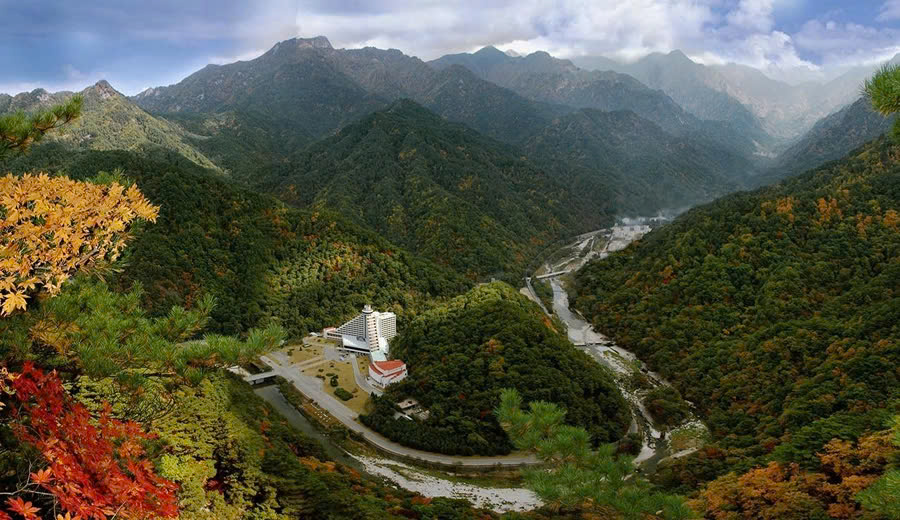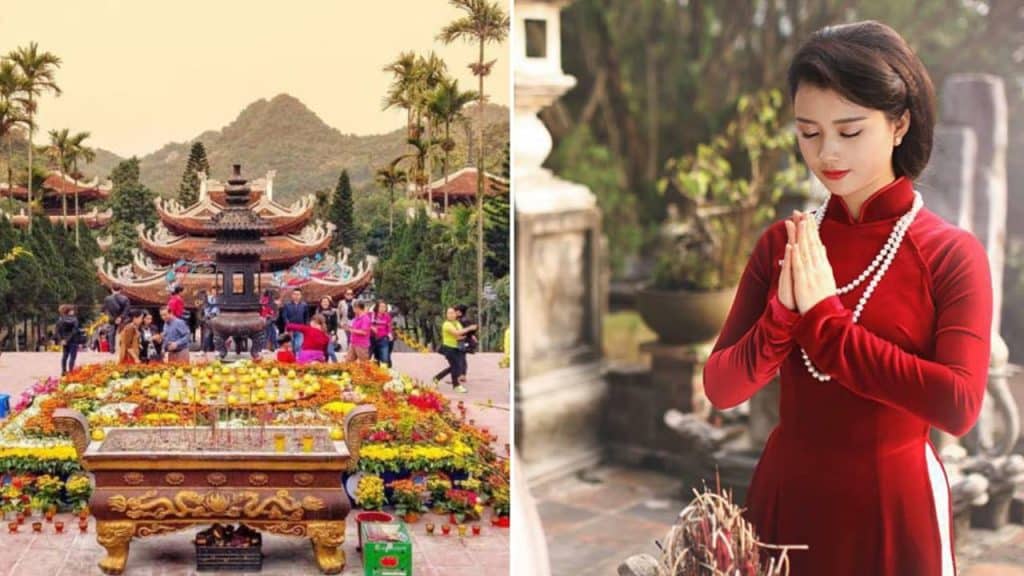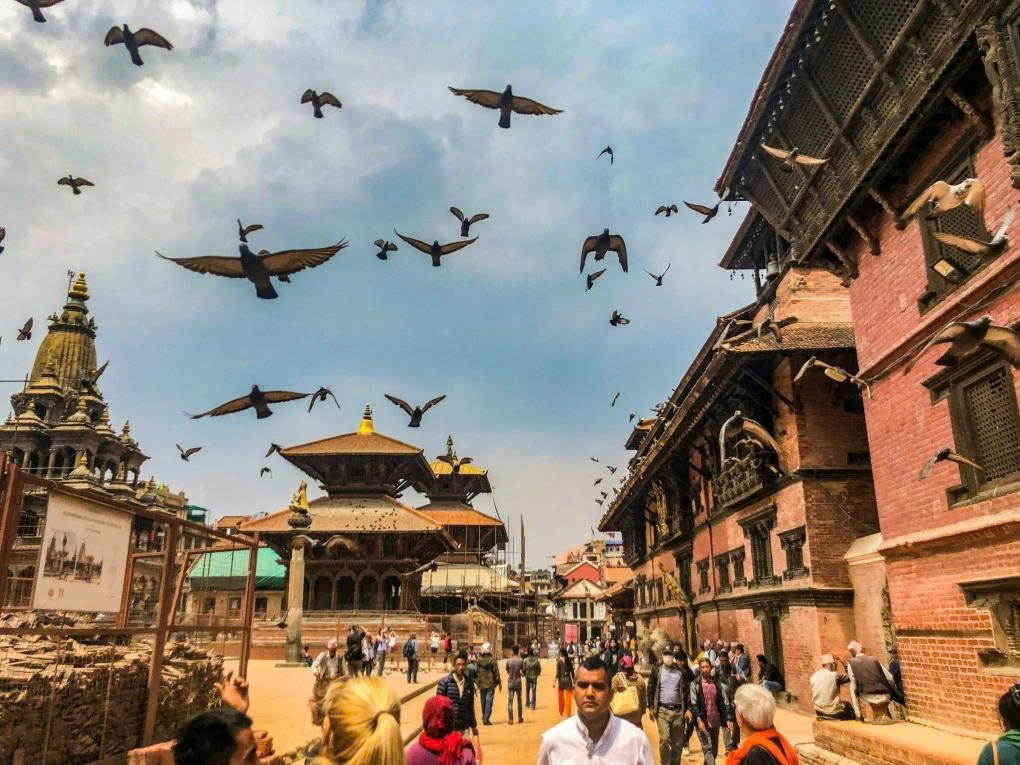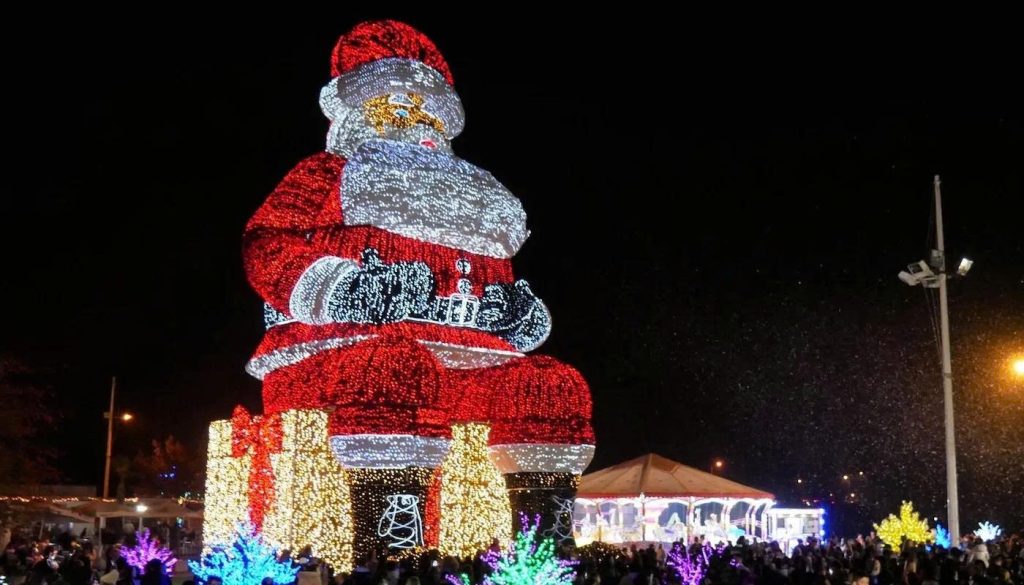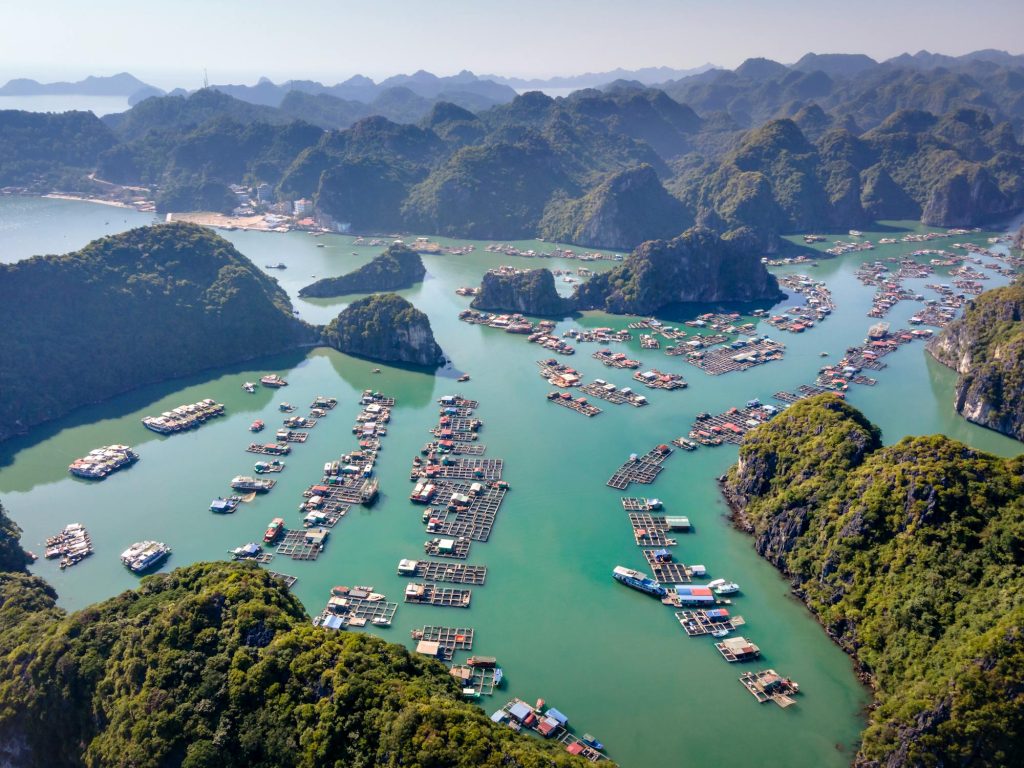The Pyongyang International Marathon is back after being on hold for five years. However, the number of international tourists participating saw a significant decrease. This decline is attributed to changes in the country’s policies.
Simon Cockerell, the general manager of Koryo Tours, the official organizer for the Pyongyang International Marathon, stated that they brought only about 200 international tourists to Pyongyang for this year’s event. This figure is a sharp drop compared to the 700 participants in 2019. Stricter entry regulations, limited travel options, and a shorter registration window primarily caused this reduction.
Unlike previous years with early announcements, this year’s race received confirmation only one month before the official competition date (April 6th). Tourists could only fly in from Beijing. Furthermore, the available hotel was limited to a single facility managed by the local sports association. Although participants could still visit key attractions and enjoy local cuisine, they were designated as a “sports delegation,” not tourists.
Experts Analyze North Korea’s Continued Isolation
Analysts note that North Korea has generally kept its borders sealed to international visitors after its 2020 closure due to the Covid-19 pandemic. The nation began permitting entry for Russian citizens alone from the start of 2024. Additionally, there was a brief opening for non-Russian tourists in the Rason Special Economic Zone in February, which lasted approximately three weeks.
The sudden closure of the Rason Special Economic Zone in March, less than three weeks after reopening, is believed to stem from concerns about negative portrayals of the country on social media.
While no official reason was given for this decision, industry experts suggest that content posted by international creators after their trips to Pyongyang directly led to the area’s closure. Travel companies also noted a significant increase in the number of people filming, photographing, and producing content during recent trips.
Rowan Beard, co-founder of Young Pioneer Tours, mentioned that during a visit to Rason before its closure, about half of the tourists were travel bloggers. This is considerably higher than pre-2020 levels.
“Travel content creators have millions of followers. Their way of filming, storytelling, and sharing experiences is akin to journalism,” Beard commented.
North Korea has long maintained tight control over information and remains wary of any form of independent reporting. Before closing Rason, the country had already banned journalists from entering under tourist visas.
Dr. Rudiger Frank, head of the Department of East Asian Studies at the University of Vienna, believes that Pyongyang’s policies prioritize economic and security interests over tourism development, which carries inherent risks in terms of information control.
“The cost of maintaining tourism activities has exceeded the benefits. It seems that policymakers in North Korea have realized this,” he stated.
Shift Towards Domestic Tourism?
Tourism was once considered an important source of foreign currency by leader Kim Jong Un. He invested heavily in resorts and hospitality training. According to estimates by 38 North, a program of the Stimson Center, North Korea’s tourism revenue quadrupled between 2014 and 2019. In 2019 alone, approximately 350,000 foreign tourists visited the country. This year also marked a rare instance of North Korea opening to international media when it allowed filming of an episode of “The Amazing Race Vietnam.” However, the pandemic brought this to an end.
In this context, many experts suggest that domestic tourism could become a new direction for North Korea. According to Dr. Rudiger Frank, after more than two decades of cautious economic reforms, North Korea has developed a middle class with income and a demand for leisure consumption. The high-end resorts currently under construction are expected to cater to domestic residents rather than international tourists.
However, Rachel Minyoung Lee from 38 North expresses skepticism that domestic demand will be sufficient to revive the entire industry.
Travel Companies Adapt to New Restrictions
Faced with this situation, travel companies are exploring alternative approaches. In May, Young Pioneer Tours plans to organize a group under the guise of a “trade delegation” to attend the Pyongyang Trade Fair. This aims to circumvent the restrictions on tourist visas. Nevertheless, the group size is smaller, and the costs are higher because Pyongyang no longer offers preferential pricing for tourists. Koryo Tours believes that the future of international tourism in North Korea remains uncertain.

